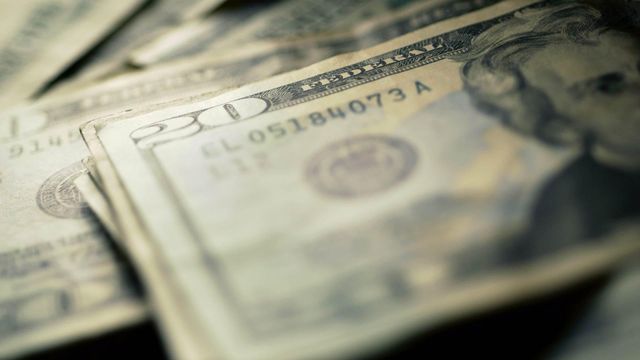N.C. looking at riskier pension investments
State Treasurer Janet Cowell said Monday that she plans to ask lawmakers for the authority to place a larger chunk of the state pension fund into higher-risk investments in hopes of generating higher returns.
Posted — UpdatedUnder state law, no more than 5 percent of the pension fund can be put into hedge funds and other alternative investments. Cowell wouldn't disclose how much higher she wants the cap.
The 2008 stock market collapse caused the pension fund to lose $17 billion, and despite profitability last year and so far this year, the fund hasn't met its targeted annual return rate of 7.25 percent when the past several years are considered, she said.
"As a whole, the public pensions are going through a time period when many of them are in trouble," she said. "With some base efforts in the General Assembly, we can keep intact, I think, a system that has served us well for 70 years."
In addition to seeking higher-return investments, Cowell said she wants lawmakers to pump more than $700 million into the pension system next year. She has criticized lawmakers in the past for not meeting their obligation to fund the system in years when returns topped the annual target.
This year, the state put $400 million into the system.
The pension supports more than 820,000 retired state workers and teachers, and a citizens commission appointed by Cowell is expected to release recommendations next week on possible benefit changes for future retirees.
Ardis Watkins, legislative director of the State Employees Association of North Carolina, said investment decisions for the pension fund should be handled by a board of directors and not solely with the state treasurer.
"We need to see a lot better return of investment than we're getting," Watkins said. "(Higher-risk investments) maybe one of the best avenues to get to the point where you get more investment returns, but it's unsafe unless you have a governance change."
Cowell said the $70 billion pension fund can meet its current payouts, even with the economic downturn.
"We're still doing fine. We're still one of the strongest pensions in the country," she said.
• Credits
Copyright 2024 by Capitol Broadcasting Company. All rights reserved. This material may not be published, broadcast, rewritten or redistributed.






